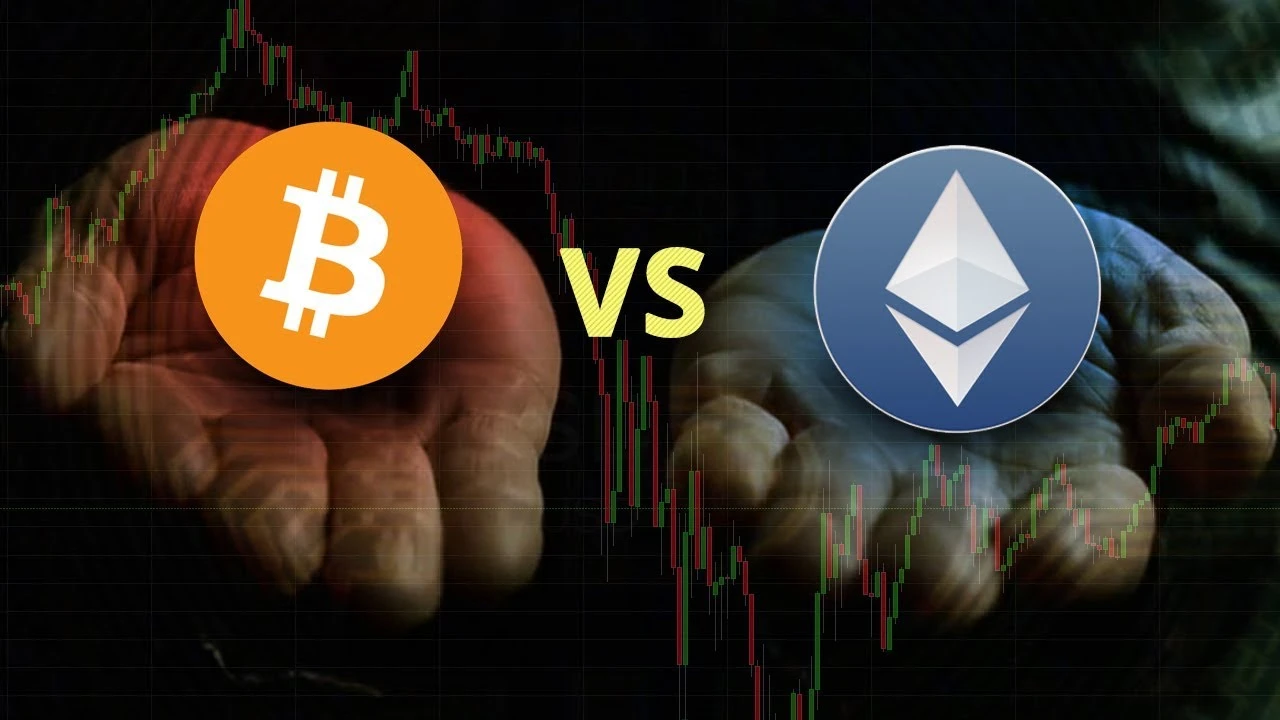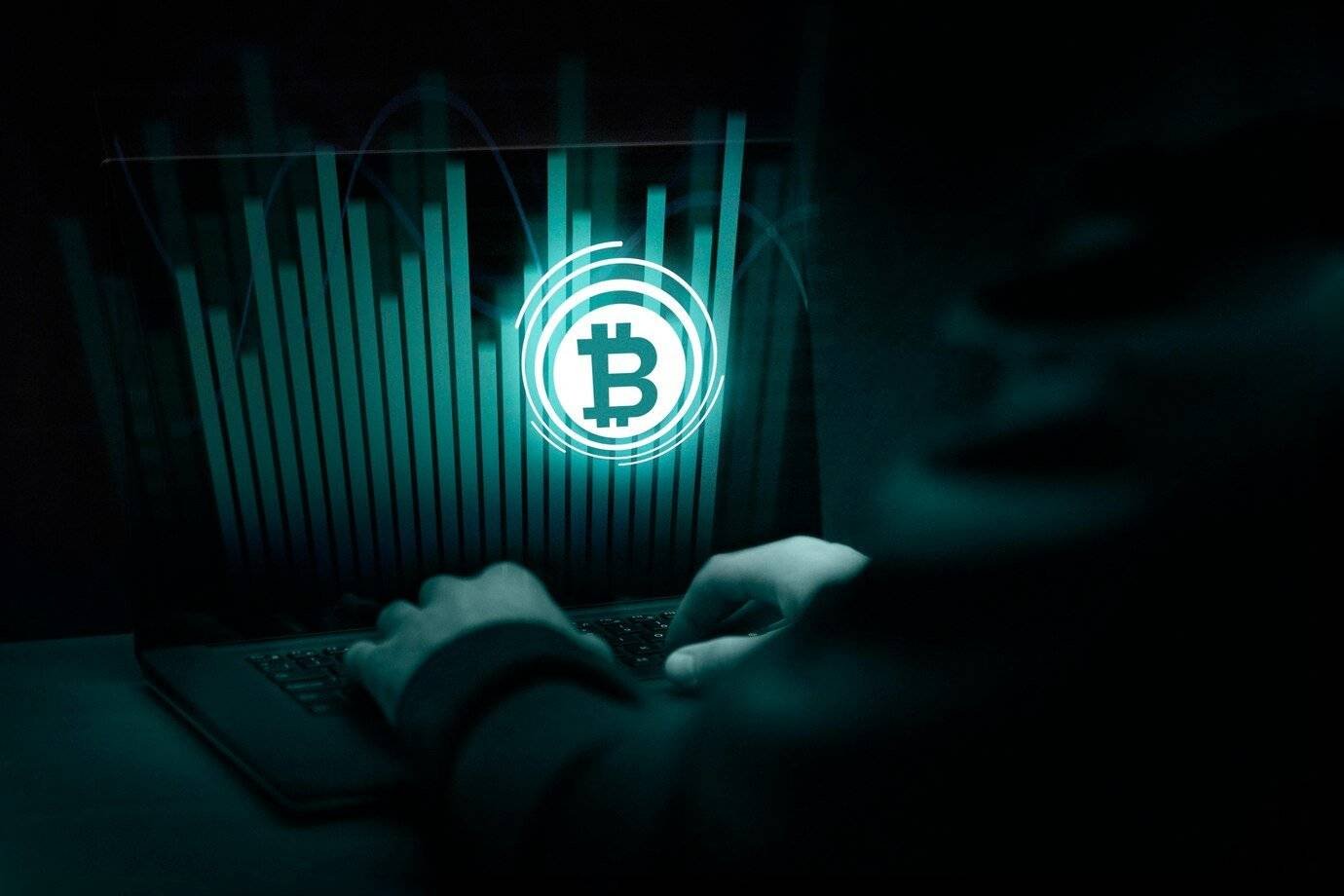If you’ve followed crypto even a little, you’ve likely heard people say, “Bitcoin is dead.” That phrase shows up whenever prices drop.
But here’s the thing: people have been declaring Bitcoin dead for over a decade. And yet… here we are.
So, why do people keep saying it? Let’s break it down.
The Price Drops, and Panic Follows
Bitcoin is famous for its wild price swings. One month it’s soaring, the next it’s crashing. When prices fall, media headlines love to jump on the fear.
In 2018, after reaching nearly $20,000 in 2017, Bitcoin fell to $3,000. People thought it was over, but it bounced back—even stronger. Then, again in 2025, it soared to $115K, dipped to $76K, and bounced back strong.
In 2021, it hit an all-time high of over $68,000. Then it dropped again. And again, people screamed “it’s dead.”
But that’s just market cycles. Stocks go up and down too — but no one’s saying the S&P 500 is dead.
Media Likes Drama, Not Nuance
Let’s be real! headlines are made to grab attention, not to explain the full story.
Saying “Bitcoin faces regulatory challenges but continues to gain global interest” doesn’t get as many clicks as “Bitcoin is DEAD!”
Sensationalism sells. But behind the drama, Bitcoin is still being used, bought, and held by millions around the world.
Some People Just Don’t Get It
A lot of traditional investors and economists have dismissed Bitcoin because it doesn’t fit the mold of what they’re used to.
They say it’s “too volatile,” “not backed by anything,” or “just internet money.” But they often ignore one key thing: Bitcoin is built on math, code, and decentralized trust. There’s no direct link between governments or banks.
It’s a new system. And new systems always get resistance.
Bitcoin Has Been “Dead” Over 400 Times
No joke. A website called 99bitcoins.com has been tracking Bitcoin obituaries — times when news outlets or experts declared Bitcoin dead.
As of now, it’s been declared dead over 470 times.
Yet the network keeps running. Blocks keep getting mined. Transactions keep happening. Wallets keep growing.
Dead things don’t usually do that.
Bitcoin Adoption Keeps Growing
Let’s look at some numbers:
- By May 2025, around 55.4 million Bitcoin addresses have a balance, showing active users. Although there are over 1.4 billion total addresses, many are inactive or duplicates since people often use multiple wallets.
- Major companies like Tesla, MicroStrategy, and even countries like El Salvador hold Bitcoin in their reserves.
- Bitcoin ATMs are installed in over 80 countries.
- Financial giants like BlackRock and Fidelity have launched Bitcoin ETFs — something unimaginable a few years ago.
That doesn’t look like a dying asset. That looks like a maturing one. At its core, Bitcoin isn’t just a get-rich-quick tool. It’s a decentralized currency built to give people control over their money.
In countries with unstable currencies like Venezuela or Zimbabwe, the Bitcoin isn’t speculation. It’s a lifeline.
In fact, Bitcoin transactions spiked in regions with high inflation in the past few years. People are using it to protect their savings. That’s real-world use. Not hype.
The Bitcoin Network Has Never Been More Secure
Let’s start with the tech side — don’t worry, we’ll keep it simple.
Bitcoin uses a blockchain, secured by miners’ combined computing power called hash rate. In 2024, hash rate hit a record high, making the network stronger, safer, and harder to attack.
More miners = more security = harder to attack = stronger network. And clearly that’s not what a dying system looks like.
Institutional Money Is Finally Here
For years, crypto fans dreamed of the day big institutions would join the party. That day has come.
Here’s what we’ve seen:
- BlackRock, the world’s biggest asset manager, introduced a spot Bitcoin ETF in the U.S.
- Fidelity, Grayscale, and ARK Invest also provide Bitcoin investment options for both retail and institutional investors.
- Pension funds and hedge funds are slowly adding small percentages of Bitcoin to their portfolios.
This isn’t just hype. This is long-term money. These players don’t chase trends. They do deep research, assess risk, and commit only when they see value.
Regulation Is Catching Up and That’s a Good Thing
Let’s talk about something that scares a lot of people: regulation.
Yes, some governments have cracked down on crypto. But globally, the trend is moving toward clearer rules, not blanket bans.
In the U.S., the approval of spot Bitcoin ETFs was a major step. In Europe, frameworks like MiCA (Markets in Crypto-Assets Regulation) are being rolled out to regulate digital assets properly.
Here’s the truth: regulation brings legitimacy. It keeps bad actors out and gives serious investors the confidence to come in.
If Bitcoin was really dead, would governments even bother regulating it?
The Next Generation Believes in It
Let’s look at who’s actually using and believing in Bitcoin.
Younger generations, Millennials and Gen Z are far more likely to own crypto than older age groups. And they’re not just buying it — they’re building on it, working in the crypto industry, and using it as part of their daily financial life.
These are digital natives. They understand the internet, privacy, and decentralization. And they’re the future of money.
This shift is slow but powerful. And it’s happening right in front of us.
Bitcoin Isn’t Going. It’s Evolving
If you’ve ever felt unsure about Bitcoin, you’re not alone. It’s complex. It’s volatile. And the media makes it sound like a gamble.
But look past the noise and the price charts, and you’ll see a system that’s:
- More secure than ever
- Backed by long-term investors
- Recognized by global regulators
- Used by real people around the world
Bitcoin isn’t dying, it’s growing up.
So… Should You Invest?
That depends on your goals, your risk appetite, and your understanding of what you’re buying.
Bitcoin isn’t a sure thing, nor a quick way to get rich. But for those who trust its long-term potential, it represents a part of the future.
The key is to do your own research, understand the risks, and never invest more than you’re willing to lose. But if someone says “Bitcoin is dead”? You can smile, and know better.


















